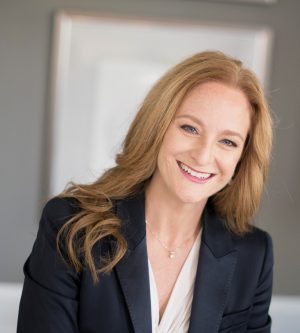Do Better Philanthropists Lead To Better Philanthropy?
As I see it, the notion of a ‘better philanthropist’ involves a complex dance between who the philanthropist is, what they do, and how they do it, wrapped in personal and community needs and expectations. Mike Martin, in his book “Virtuous Giving,” summarizes Aristotle’s concept of correct giving as “voluntary giving to worthy recipients, in fitting amounts, on suitable occasions, for apt reasons, with appropriate attitudes and emotions.” No small task. As a professional philanthropic advisor, I often sit at this intersection, as an enabler and journey mate.
Generous Canadians want help in giving well, not just with the tax and structural aspects of charitable gifts (important though these are), but with larger issues of purpose, family participation, and responsible and informed giving. Individuals, couples or families who seek philanthropic counsel are highly motivated. And whether new to formalized giving or already savvy, they want their giving to be more meaningful, and they’re eager to impact important issues. These two motivations are deeply intertwined in being a better philanthropist.
I see philanthropic advising as helping clients unearth and articulate personal values, passions and aspirations, and as mapping their full range of assets, which cover treasure, time, talents and ties. From these, we weave an approach to giving that goes beyond the self or the family, to relevance in the larger world. Where and what are the needs?
Philanthropy gives opportunity to engage the world, bring the fullness of all we are, and find common purpose and shared humanity with others. Indeed, philanthropists today are being asked not just to give (and give more), but to earn and invest responsibly, be more trustful of the organizations they support, reflect on their power and privilege, and consider the dynamics of race and gender in their giving.

Approached thoughtfully, philanthropy can be a powerful vehicle to strengthen families, encourage the moral development of the next generation, and create a legacy of family values and ways of being.
This might be considered Correct Giving 2.0. Skilled advisors can play a client-directed role, helping philanthropists to bridge the personal and the communal. How do I approach this?
1) Develop a giving strategy: An advisor creates room for a person or family to outline and document a strategy for philanthropy that addresses their why, what, when and how to give. The strategy is informed by their history, values and interests, and also by where philanthropic investment is most needed and can make the greatest difference.
2) Engage the family: An advisor helps families discuss and define, collectively, what they’d like philanthropy to make possible. She or he also helps to establish common ground for action, and frame ways to support collaborative decision making.
3) Identify gift and partnership opportunities: An advisor introduces gift opportunities and organizations tackling important issues, provides counsel on how to structure gifts and partnerships, and assists with understanding how and if giving is leading to hoped-for results.
4) Advance knowledge and community: Lastly, advisors serve as sense-makers and community connectors. Many clients admit they hadn’t appreciated how complex and dynamic the philanthropic space can be. An advisor can curate philanthropic knowledge, research, and practical resources, introduce clients to meaningful peer-support networks and opportunities, and connect them with inspiring leaders and innovations.
It’s a thrill for me when a philanthropist’s generosity becomes a declaration of their character, of how they view their role in the world and their relationship to their wealth, especially when their gifts are imbued with care and thoughtfulness. When this happens, I believe that they and our communities, our country and the world are better off.
Sharilyn Hale helps those who give, give well. She’s a member of the Advisory Council for the MPNL program and President of Watermark Philanthropic Counsel. Drawing on expertise in philanthropic strategy, family engagement, organizational development, and governance, Hale enables philanthropists and their families to unearth and achieve their philanthropic goals, and helps social-purpose organizations deepen their performance. Join Sharilyn Hale on Twitter or LinkedIn.
 By
By